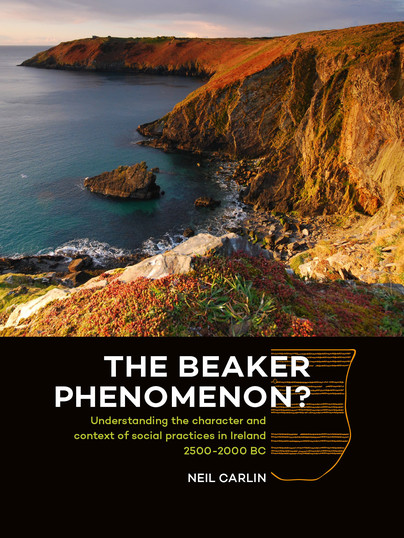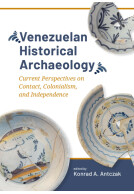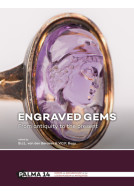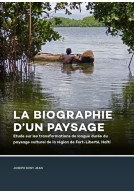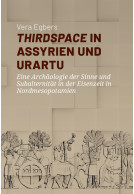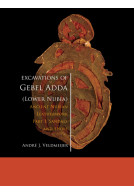Google Books previews are unavailable because you have chosen to turn off third party cookies for enhanced content. Visit our cookies page to review your cookie settings.
The Beaker Phenomenon? (Paperback)
Understanding the character and context of social practices in Ireland 2500-2000 BC
Imprint: Sidestone Press
Pages: 500
Illustrations: 45 fc / 110 bw
ISBN: 9789088904639
Published: 31st October 2018
Script Academic & Professional
Pages: 500
Illustrations: 45 fc / 110 bw
ISBN: 9789088904639
Published: 31st October 2018
Script Academic & Professional
You'll be £40.00 closer to your next £10.00 credit when you purchase The Beaker Phenomenon?. What's this?
+£4.99 UK Delivery or free UK delivery if order is over £40
(click here for international delivery rates)
Order within the next 1 hour, 40 minutes to get your order processed the next working day!
Need a currency converter? Check XE.com for live rates
(click here for international delivery rates)
Order within the next 1 hour, 40 minutes to get your order processed the next working day!
Need a currency converter? Check XE.com for live rates
During the mid-third millennium BC, people across Europe started using an international suite of novel material culture including early metalwork and distinctive ceramics known as Beakers. The nature and social significance of this phenomenon, as well as the reasons for its rapid and widespread transmission have been much debated. The adoption of these new ideas and objects in Ireland, Europe’s westernmost island, provides a highly suitable case study in which to investigate these issues. While many Beaker-related stone and metal artefacts were previously known from Ireland, a decade of intensive developer-led excavations (1997-2007) resulted in an exponential increase in discoveries of Beaker pottery within apparent settlement contexts across the island. This scenario is radically different from Europe where these objects are found with Beakers in funerary settings, stereotypically with single burials. Using an innovative approach, this book interlinks the study of the pottery and various object types (that have traditionally been studied in isolation) with their context of discovery and depositional treatment to characterise social practices within settlements, funerary monuments, ceremonial settings and natural places. These characterisations deliver rich new understandings of this period which reveal a much more nuanced narrative for this international phenomenon.Significantly, this integrated regional study reveals that the various Beaker-related objects found in Ireland were all deposited during a series of highly structured and rule-bound activities which were strongly influenced by pre-existing Irish traditions. This is a departure from previous interpretations which incorrectly attributed the adoption of Beakers to large-scale immigration or a prestige goods economy. Instead, these new international ideas, objects and practices played an important role in enabling people in Ireland to perform and negotiate their personal and group identities by using this new suite of object to frame and maintain their social relations with other groups across Europe.
Other titles in Sidestone Press...







